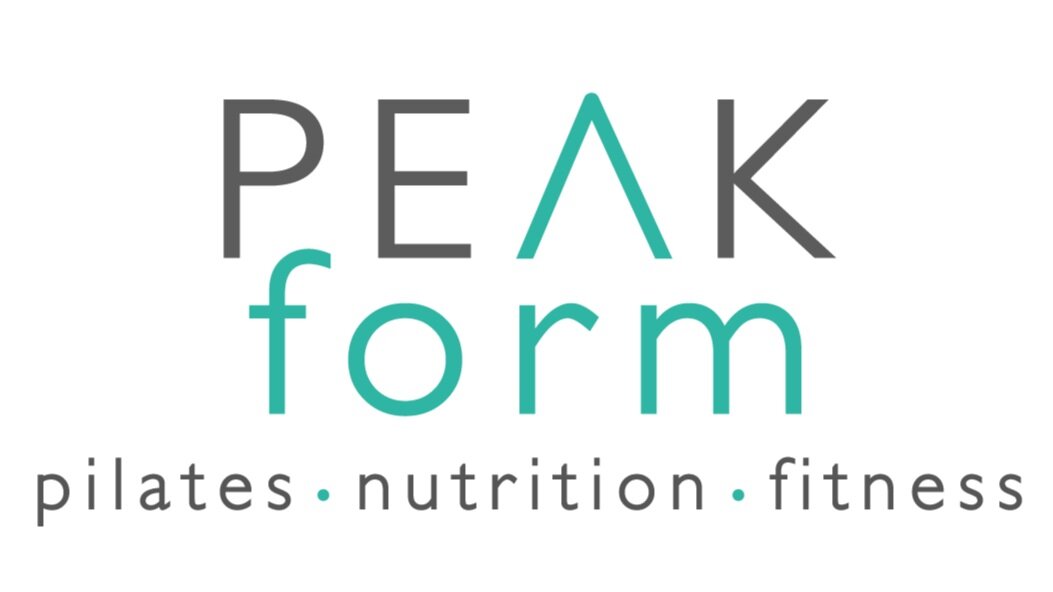Nutrition in the Workplace
Is your work environment a healthy one?
Health – (as defined by The World Health Organisation) “State of complete physical, mental, and social well being, and not merely the absence of disease or infirmity."
How do we ensure our places of work are not just absent of diseases and infirmity, but are also places of physical, mental and social well being?
I believe nutrition has a significant role to play here. It is well publicised that we are experiencing an obesity epidemic. The cost of obesity related illness, type 2 diabetes, heart disease, stroke… is crippling the NHS. Is it damaging our workplaces too? Our working environments have an important role to play in our health, we are after all spending on average 40% of our waking hours there. In this article I am going to discuss one vital area that affects our health in the workplace, lunch breaks.
Skipping meals, eating at our desks in front of a PC, relying on snacks instead of a nutritious meal, leaves no time to rest, move, talk and re-focus in preparation for a productive afternoon.
Did you know lack of adequate sleep and rest lead to overeating? Restrictions lead to binges. As a Nutrition Coach, I know this only too well. Coaching clients who have in the past or are in the present restricting themselves of meal times and food in general, only end up binging on fast, convenient sugary snacks to give them the pick-up they need to get them through the rest of their working day. Sound familiar?
“I don’t eat lunch because I don’t have time/I’m not hungry/ I’ve got too much work to do/my boss doesn’t so I don’t feel I can…” (Delete where applicable).
Parkinson's law is the adage that "work expands so as to fill the time available for its completion". Deciding at 8:30am that you will be breaking for lunch at noon for 45 minutes gives you a deadline to complete the mornings tasks. There is time, if you decide to make time. It may require planning, staggered lunch breaks, turn taking, even 25 minutes is better than nothing and it could make all the difference, not just to your health but to your productivity in the afternoon too.
Snacks are killing the lunch break.
Eating too frequently, grazing throughout the day is confusing for your body. It disguises hunger and fullness signals, making them harder to identify, often leading to over consumption of food and calories, leading to weight gain. In my experience, despite perhaps the volume of snacks being less than a meal, the calorific value is often far greater (not to mention the sparse nutrient value).
This is a topic I regularly discuss in coaching sessions with clients. The resolution?
Planning and preparation.
Planning meals ahead of time, writing a shopping list and preparing meals in advance. This doesn’t have to be difficult. It may be as simple as doubling up on the ingredients for dinner the night before and filling tupperware to take to work for lunch. If I have a spare evening I will batch cook chillis, curries and soups and keep dozens of pots in the freezer ready to defrost at lunchtime. It is a chore that once practiced, becomes easier and second nature. It is cost effective and a whole lot healthier than Uber eats.
My challenge to you is to lead by example, ditch the snacks, stop the starvation and come to work prepared. Dig out the tupperware, freeze your leftovers or pop to the supermarket and buy some fresh soup, salad or even a fresh healthy microwave meal. Take the time to sit, eat, value the break from a mornings work, enjoy the time catching up with colleagues, nurturing workplace relationships. This is the time to eat nutritious food, get sustenance, nourishment, and refuel. It will have a significant impact not just on your health, but on the health of your working environment too.
Helen Everatt
Nutrition Coach
Mission Nutrition
www.missionnutrition.co.uk
Insta: mumonmissionnutrition
facebook: iloveMissionNutrition
